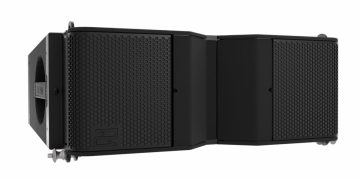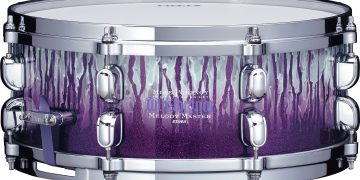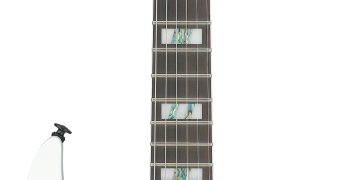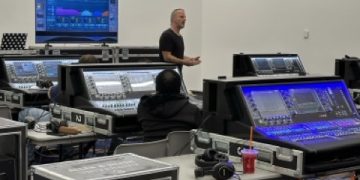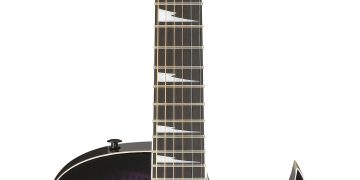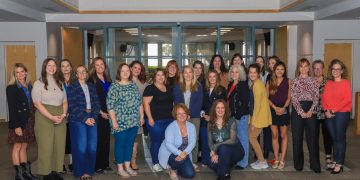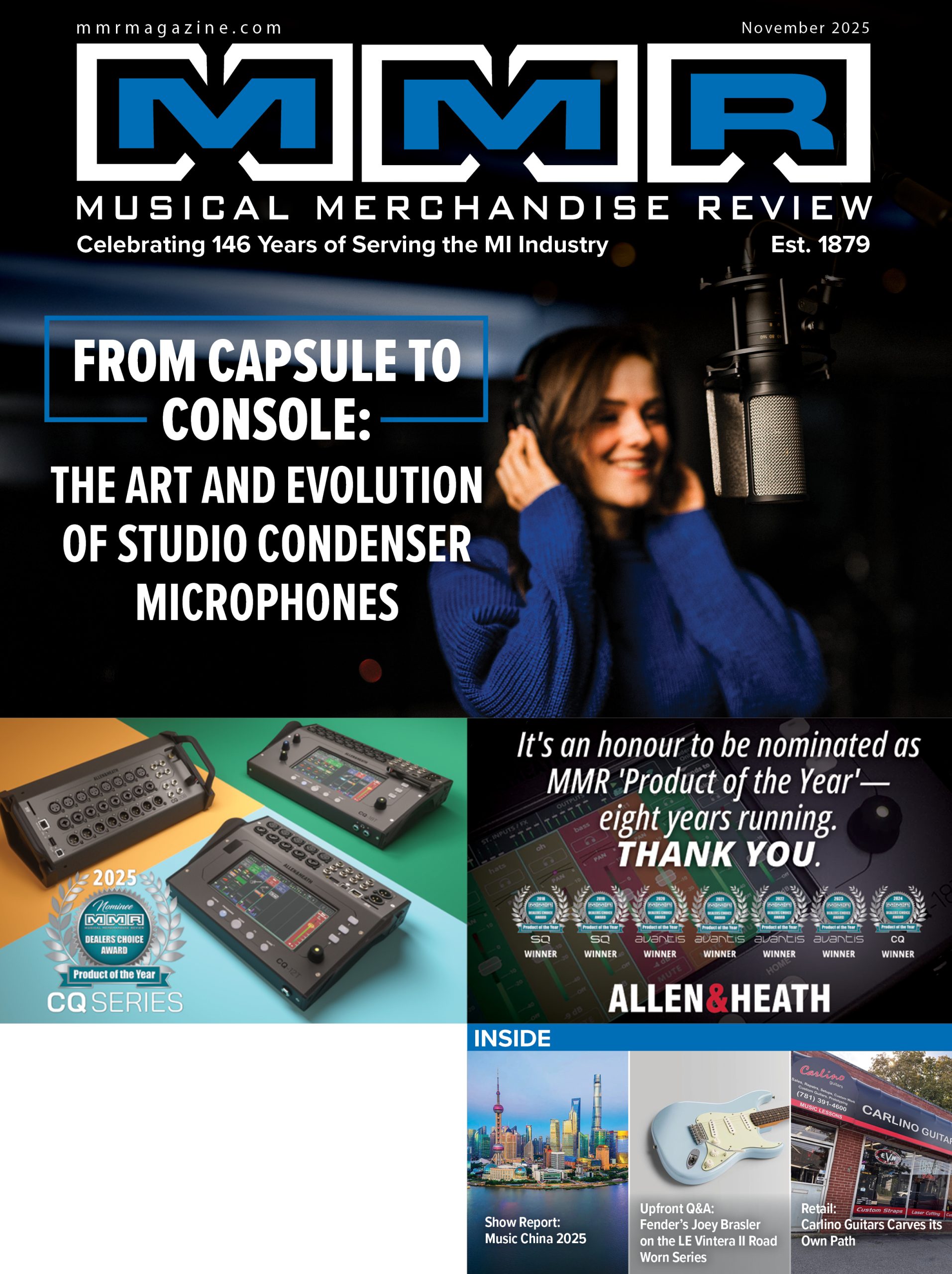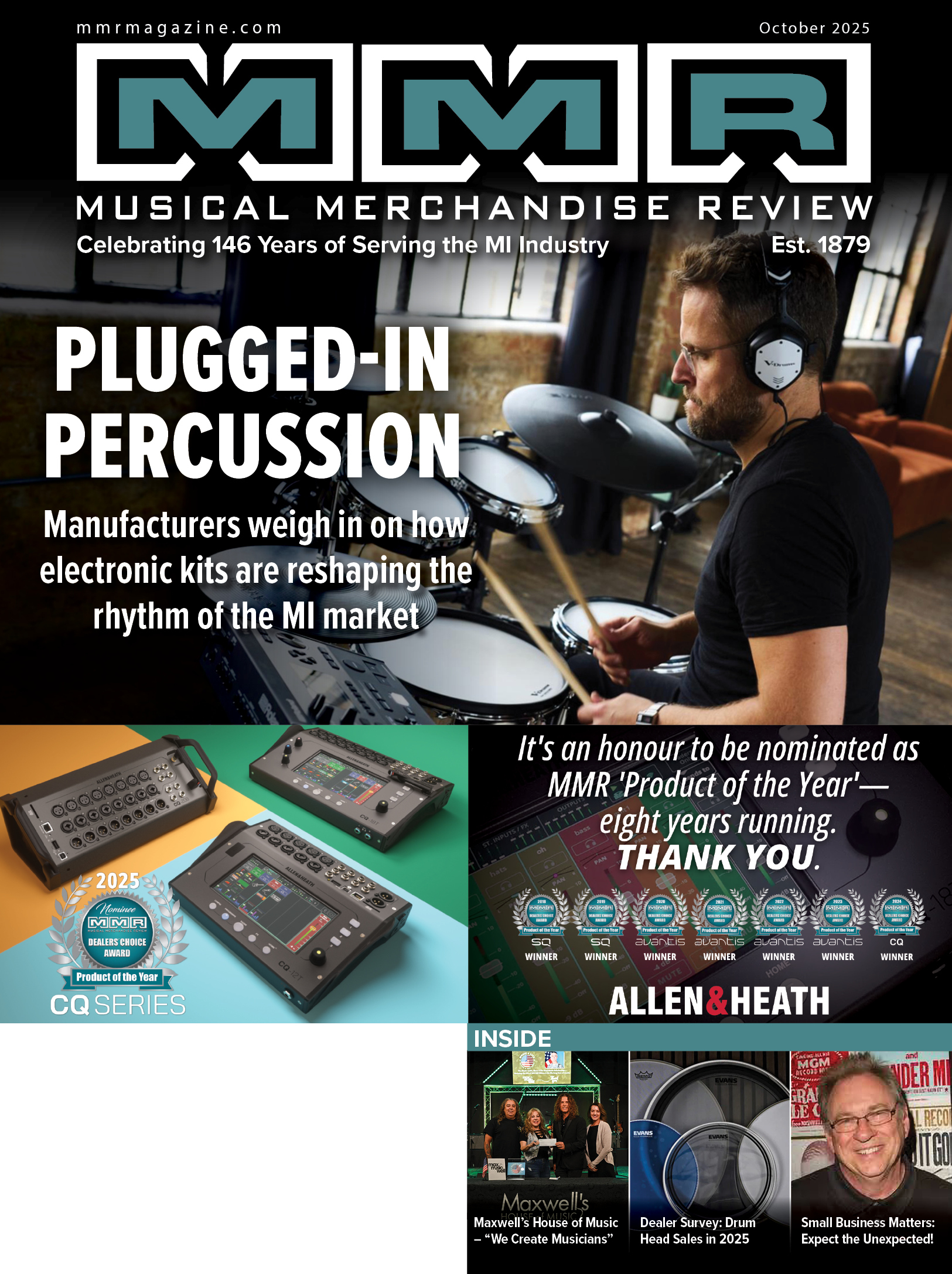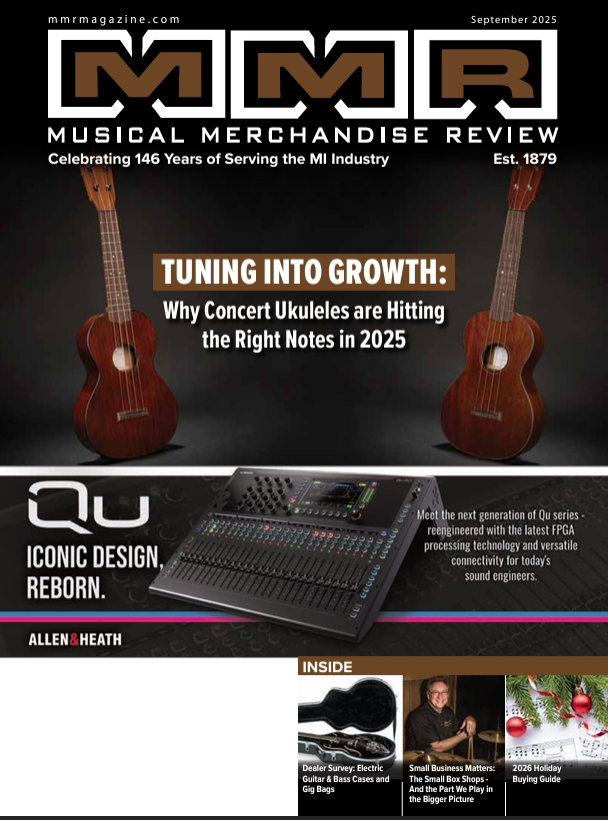
Americans are staying home so they don’t get sick. What they are getting, though, are guitar lessons from Kiko Loureiro of Megadeth or some time on the drum kit with Chad Szeliga of Black Label Society. In fact, economic pressures on musicians and music teachers had been propelling them deeper into an online teaching environment for years before the COVID-19 virus hit, but the pandemic has only accelerated that dynamic. Large organizations such as the Grammy Music Education Coalition and major instrument manufacturers like Fender and Gibson have been proffering online instructional video lessons, often heavily discounted or for free as brand builders.
This has not been limited to musical instrument instruction. Pro audio companies have jumped aboard, often taking online tutorials previously reserved for high-end customers and making them more broadly available for a wider audience. In some cases, they’re creating new instructional content aimed at beginners. German microphone maker Sennheiser, for instance, offers a free global webinar series, which includes a roundtable featuring experienced audio engineers as well as lessons on microphone basics. And sessions are held around the clock, allowing people from all time zones to participate.
The business of MI retail is also getting its due, even if Summer NAMM and its industry panels have been canceled. NAMM has produced a lineup of virtual music-business seminars, including a panel where members shared their experiences filing for federal aid, just as canceled music-business conferences like Midem and A2IM’s Indie Week are also gamely carrying on virtually.
A few are even teaching the teachers. For instance, publisher Hal Leonard is promoting its series of multiple online resources that educators had already been using, with most of the sites having added extra tools or limited free accessibility (“to get through the next few weeks,” the publisher’s press release stated optimistically). These distance-learning tools include HL’s Essential Elements Method Book and a page of additional resources and FAQs that teachers can access.
Music teachers’ associations are trying to step up. The largest of them, the Music Teachers National Association summed it up on its web portal, “We are deeply aware of the severe impact the pandemic has had on their families, studios and livelihoods. Some have had to put their teaching on hold in order to provide support and care for loved ones. Others have embraced online, remote lessons as a new adventure in teaching and learning. Still others have continued to teach in their studios by taking extraordinary measures to maintain a safe and sanitary environment along with appropriate social distancing.”
There are quite a few online resources that can tell teachers how to teach remotely. There are fewer, however, that can instruct them on how to keep their careers together through the pandemic, which had both shut the door on their ability to play live music and curtailed their being able to teach students face to face. Teachers who are masters of their instruments suddenly had to master the online environment, picking their way between Skype and Zoom, and the vagaries of a cascade of poorly designed government financial-assistance programs.
These, like the Payroll Protection Program and the Economic Injury Disaster Loan were ostensibly designed to help freelancers and sole proprietors like music teachers but were set upon like vultures by multimillion-dollar corporations like the LA Lakers and Shake Shack. Those two were shamed into giving back the millions they “borrowed” to pay employees they’d already laid off, but plenty of other not-so-small businesses managed to get a piece of that pie before the money ran out.
Not to beat the drum of inequality too loudly – we’ll have an election in November for that – but a combination of the pandemic and our institutional and corporate reactions to it will likely leave all of education, including music education, a changed place for teachers and students alike. Keep abreast of what regional and national music-education associations are doing to help keep the lights on. There’s always the chance that it could be a change for the better.










